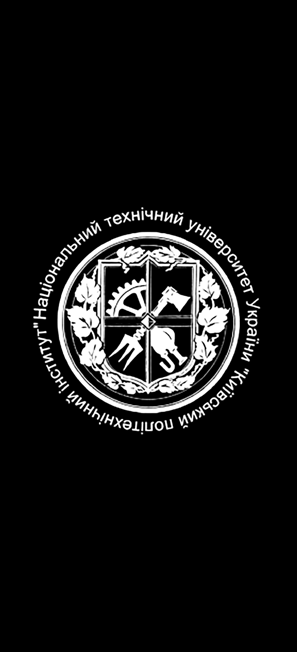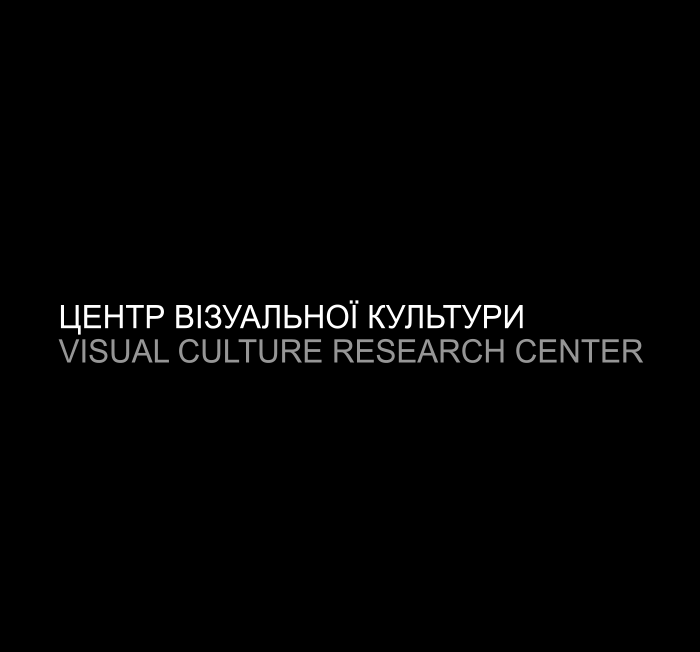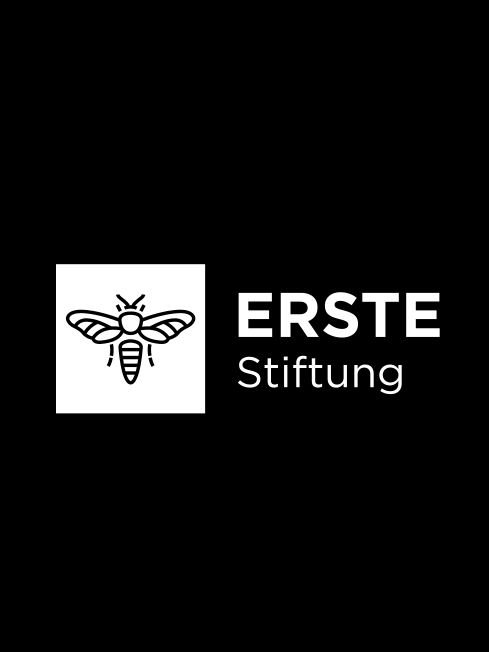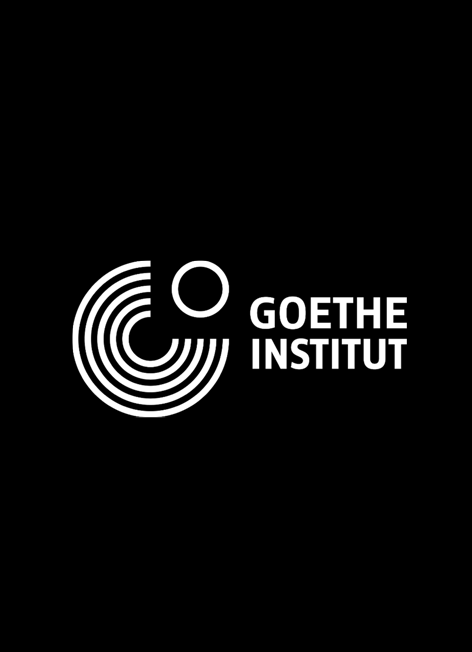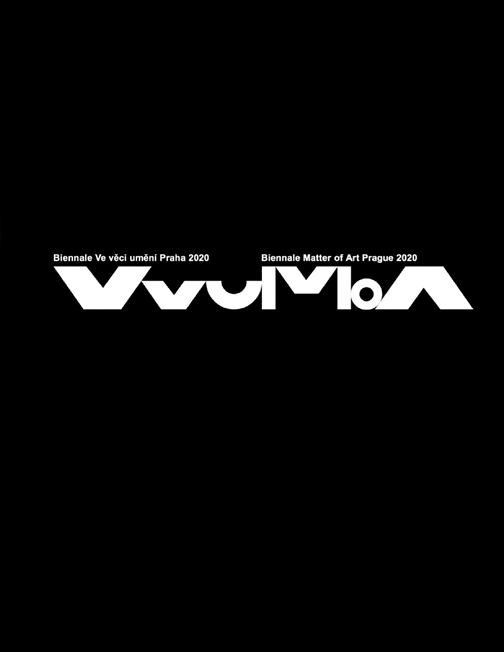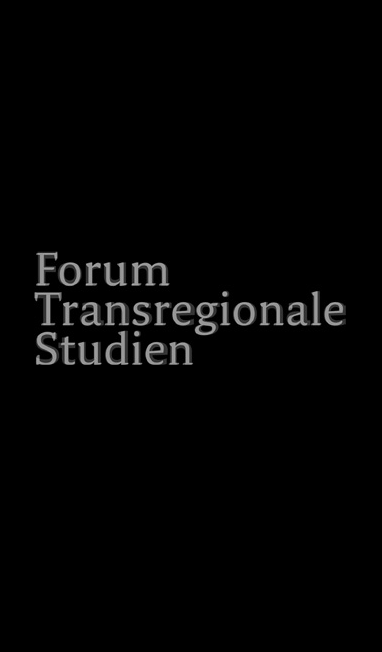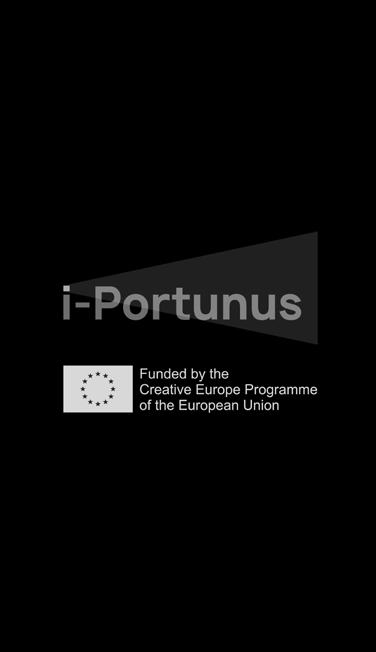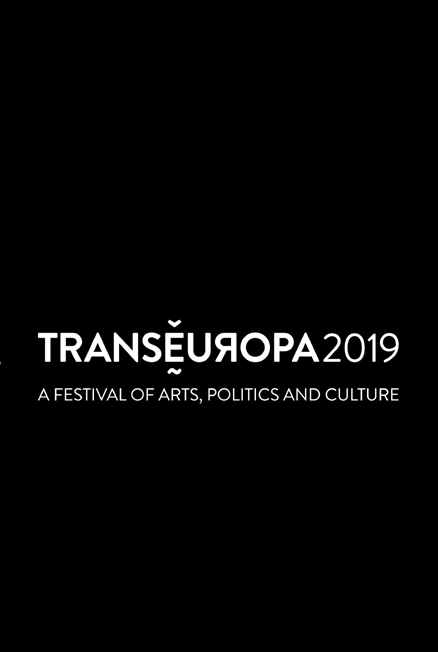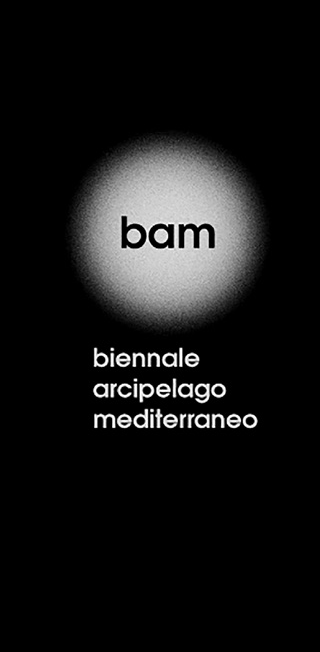Borderlines in the East of Europe
Symposium of the Europe in the Middle East – The Middle East in Europe (EUME) research program at the Forum Transregionale Studien (Germany)
16.11, 16:00, The House of Cinema, Blue hall
After the Arab revolutions of 2011 madness prevails. Hopes are broken, societies divided, border control tightens and surveillance expands, authoritarian temptations flourish – in Europe and in the Middle East, and elsewhere. The Arab revolutions of 2011 mark end and beginning of developments that relate to the modern and universal legacies of emancipation, and their oppositions. Cracks in the division between Europe and its East appeared ever since the East/West schizophrenia has been articulated. Examples are many: In the 1930s and 40s, while Europe was suffering from fascism and national socialist Germany, refugees from Europe were sheltered in the countries of the East, in Morocco, in Syria, Egypt, Iran or Turkey. Egyptian Surrealists declared in 1939 that the “East is working for the defense of Western Culture” and took up the struggle against “the infinite empire of walls” (Georges Henein).
Since the years 1987-93 new ideas on the position of the individual in society, on the meaning and practice of citizenship and the relationship to the world have been articulated by a new generation of artists, writers, academics, and activists in the countries east of the Mediterranean. The American invasion of Iraq and the consequences of destructive and failed internal and external colonial politics as well as numerous protest movements all over the Arab world, such as the first Intifada in Palestine or the strikes in the Tunisian town of Gafzah or the Egyptian Mahalla Al-Kubra challenged local canons, the aura of nationalism and identitarian tropes, and led to new modes of peaceful resistance to the denial of rights, authoritarian politics and ideologies, and against the persistence of colonial legacies.
This movement, as significant or insignificant it may be in light of the ongoing destruction, culminated but not ended with the Arab revolutions, it persists. It is not confined to the Arab world or Middle East but is interconnected by ideas, solidarities and technologies across borders of territory, nation, language and identity. In four interventions by scholars from Egypt, Lebanon and Syria the panel addresses stories of ideological deportations, the persistence of colonial modes in postcolonial lands, narratives of conflict, flight and border-crossings, questions of madness, gender and society, and the notions of crisis, solidarity and empathy beyond the borderline between Europe and the East.
Chair: Georges Khalil
“Alexandria – Odesa: Revolutionary Paths and Ties” by Rim Naguib
In the years following the 1905 revolution, several socialists and anarcho-syndicalists from Russia found refuge in Alexandria, especially sailors who had carried out important strikes in the port of Odesa. They continued to organise, and to disseminate radical ideas among sailors aboard Russian ships transiting in Alexandria's port. When in 1907, and again in 1913, the Russian consul in Alexandria obtained the help of British colonial authorities to arrest revolutionary activists from Russia, with a view to repatriate them to Russia, where they would face trial and possible execution, protests erupted in Alexandria. The protesters, who spanned different nationalities and ethnicities, attempted to prevent the extraditions, and demanded the right of asylum for political refugees in the colonial port city, but British authorities argued that colonial territories were no sanctuary for political refugees, and the extraditions were carried out nonetheless.
Rim Naguib will tell the story of these revolutionaries from Russia in Alexandria, their repatriation and the cross-ethnic solidarity manifested in the attempts to prevent their extradition. These stories highlight the fluid nature of radical ideas and activism across the Mediterranean and the Black Sea region, and the transnational and reciprocal revolutionary influences they created in the years leading up to the 1917 revolution. The events also offer important anecdotes to think about how colonial rule of difference shaped the practices of the modern nation-state, both within Europe and in the colonies.
“Contact Zones, Border Crossings, Borderlines: Figuring the Refugee in Graphic Narratives” by Rasha Chatta
The waves of recent and less recent migratory ‘crises’ have been extensively covered and much documented in various media avenues and outlets, ranging from sensationalist approaches to more in-depth and multi-sided analyses. This intervention seeks to focus on the emergence and development of a less examined popular sub-genre, namely the testimonial/refugee graphic narrative, which Rasha Chatta investigates in order to examine how conflict, border crossing, and asylum seeking are depicted and visualised as firsthand accounts in an often complex and problematised manner. The presentation ultimately reflects on how these visual narratives embedded in the context of past or current wars and migration contribute to the ongoing debates on migration in Europe, and how this particular sub-genre lends its form to the articulation of voice and uniqueness of experience.
“Women Patients of Institutional Psychiatry: Madness, Gender and Society in Lebanon” by Lamia Moghnieh
Lamia Moghnieh looks at the history of violence and social transformations in Lebanon through the lens of the development of modern psychiatry and its practices of governance. She focuses on the story of one woman patient of the Lebanon Hospital for Mental and Nervous Disorders, Hoda, admitted to the hospital in early 1950s and diagnosed with nymphomania and schizophrenia. She presents three different readings of Hoda: one based on her clinical records, another based on her letters, and a third reading in relation to the stories of other women patients of Lebanese psychiatric institutions. The three stories of Hoda provide a complex account of the cultural authority of psychiatry in Lebanon and its various reforms and regulation of sexuality, kinship and gender.
“Crisis at the Border: On Empathy and the Fear of Migration” by Walid el Houri
This intervention proposes alternative ways of thinking the concept of ‘crisis’ in relation to notions of empathy, borders and the unequal distribution of wealth and resources under capitalist systems. What does the concept of ‘crisis’ when looked at through the lens of the so-called ‘migration crisis’ reveal? Why is ‘crisis’ often imagined, produced, experienced, and feared during and after moments of mass popular uprisings? And can the language of ‘crisis’ be redeemed or is it inherently detrimental to any analysis of political and social phenomena?
The event will be held in English.
Since the years 1987-93 new ideas on the position of the individual in society, on the meaning and practice of citizenship and the relationship to the world have been articulated by a new generation of artists, writers, academics, and activists in the countries east of the Mediterranean. The American invasion of Iraq and the consequences of destructive and failed internal and external colonial politics as well as numerous protest movements all over the Arab world, such as the first Intifada in Palestine or the strikes in the Tunisian town of Gafzah or the Egyptian Mahalla Al-Kubra challenged local canons, the aura of nationalism and identitarian tropes, and led to new modes of peaceful resistance to the denial of rights, authoritarian politics and ideologies, and against the persistence of colonial legacies.
This movement, as significant or insignificant it may be in light of the ongoing destruction, culminated but not ended with the Arab revolutions, it persists. It is not confined to the Arab world or Middle East but is interconnected by ideas, solidarities and technologies across borders of territory, nation, language and identity. In four interventions by scholars from Egypt, Lebanon and Syria the panel addresses stories of ideological deportations, the persistence of colonial modes in postcolonial lands, narratives of conflict, flight and border-crossings, questions of madness, gender and society, and the notions of crisis, solidarity and empathy beyond the borderline between Europe and the East.
Chair: Georges Khalil
“Alexandria – Odesa: Revolutionary Paths and Ties” by Rim Naguib
In the years following the 1905 revolution, several socialists and anarcho-syndicalists from Russia found refuge in Alexandria, especially sailors who had carried out important strikes in the port of Odesa. They continued to organise, and to disseminate radical ideas among sailors aboard Russian ships transiting in Alexandria's port. When in 1907, and again in 1913, the Russian consul in Alexandria obtained the help of British colonial authorities to arrest revolutionary activists from Russia, with a view to repatriate them to Russia, where they would face trial and possible execution, protests erupted in Alexandria. The protesters, who spanned different nationalities and ethnicities, attempted to prevent the extraditions, and demanded the right of asylum for political refugees in the colonial port city, but British authorities argued that colonial territories were no sanctuary for political refugees, and the extraditions were carried out nonetheless.
Rim Naguib will tell the story of these revolutionaries from Russia in Alexandria, their repatriation and the cross-ethnic solidarity manifested in the attempts to prevent their extradition. These stories highlight the fluid nature of radical ideas and activism across the Mediterranean and the Black Sea region, and the transnational and reciprocal revolutionary influences they created in the years leading up to the 1917 revolution. The events also offer important anecdotes to think about how colonial rule of difference shaped the practices of the modern nation-state, both within Europe and in the colonies.
“Contact Zones, Border Crossings, Borderlines: Figuring the Refugee in Graphic Narratives” by Rasha Chatta
The waves of recent and less recent migratory ‘crises’ have been extensively covered and much documented in various media avenues and outlets, ranging from sensationalist approaches to more in-depth and multi-sided analyses. This intervention seeks to focus on the emergence and development of a less examined popular sub-genre, namely the testimonial/refugee graphic narrative, which Rasha Chatta investigates in order to examine how conflict, border crossing, and asylum seeking are depicted and visualised as firsthand accounts in an often complex and problematised manner. The presentation ultimately reflects on how these visual narratives embedded in the context of past or current wars and migration contribute to the ongoing debates on migration in Europe, and how this particular sub-genre lends its form to the articulation of voice and uniqueness of experience.
“Women Patients of Institutional Psychiatry: Madness, Gender and Society in Lebanon” by Lamia Moghnieh
Lamia Moghnieh looks at the history of violence and social transformations in Lebanon through the lens of the development of modern psychiatry and its practices of governance. She focuses on the story of one woman patient of the Lebanon Hospital for Mental and Nervous Disorders, Hoda, admitted to the hospital in early 1950s and diagnosed with nymphomania and schizophrenia. She presents three different readings of Hoda: one based on her clinical records, another based on her letters, and a third reading in relation to the stories of other women patients of Lebanese psychiatric institutions. The three stories of Hoda provide a complex account of the cultural authority of psychiatry in Lebanon and its various reforms and regulation of sexuality, kinship and gender.
“Crisis at the Border: On Empathy and the Fear of Migration” by Walid el Houri
This intervention proposes alternative ways of thinking the concept of ‘crisis’ in relation to notions of empathy, borders and the unequal distribution of wealth and resources under capitalist systems. What does the concept of ‘crisis’ when looked at through the lens of the so-called ‘migration crisis’ reveal? Why is ‘crisis’ often imagined, produced, experienced, and feared during and after moments of mass popular uprisings? And can the language of ‘crisis’ be redeemed or is it inherently detrimental to any analysis of political and social phenomena?
The event will be held in English.
Rasha Chatta holds a PhD in Cultural, Literary, and Postcolonial Studies from SOAS, University of London. Since 2017, she is Research Fellow at EUME at the Forum Transregionale Studien where she is working on a project on Arab comics titled “A Comparative Study of (Im)migrant Stories, War Narratives, and Conflicted Memory between the Near East and Europe.” She has a forthcoming chapter titled “Conflict and Migration in Lebanese Graphic Narratives” in The SAGE Handbook of Media and Migration.
Walid el Houri is a researcher, journalist, and filmmaker based between Berlin and Beirut. He is Partnerships editor at openDemocracy and lead editor of its North Africa West Asia section (NAWA). He holds a PhD in Media Studies from the University of Amsterdam and is a former postdoctoral fellow at the Forum Transregionale Studien (EUME) and the Institute for Cultural Inquiry in Berlin. His work and publications deal with protest movements, the politics of failure, and geographies of war and violence.
Georges Khalil is the Academic Coordinator of the Forum Transregionale Studien and of the EUME research program. He was the coordinator of the working group “Modernity and Islam” (AKMI) at the Wissenschaftskolleg zu Berlin from 1998-2006. He studied History, Political Science and Islamic Studies in Hamburg and Cairo, and European Studies at the Europa-Kolleg Hamburg. He co-edited Di/Visions. Kultur und Politik des Nahen Ostens (2009), Islamic Art and the Museum. Approaches to Art and Archeology of the Muslim World in the Twenty-First Century (2012) and Commitment and Beyond: Reflections on/of the Political in Arabic Literature since the 1940s (2015).
Lamia Moghnieh is a EUME fellow of the Fritz Thyssen Foundation. She holds a PhD in Anthropology and Social Work from the University of Michigan. She is currently working on her book project titled “Global Mental Health at the Periphery: A Social History of Psychiatry, Humanitarianism and Violence in Lebanon (1860–2012).”
Rim Naguib received her PhD in Sociology from Northwestern University (2016) and her MA from Sciences Po Aix-en-Provence (2006). Her PhD dissertation is titled “Intelligentsia Class Formation and Ideologies in Peripheral Societies: Comparing Egypt and Iran, 1922-1952.” She was recently a post-doctoral fellow with the Arab Council for the Social Sciences. Based in Cairo, she taught in several alternative education initiatives, seeking to popularise the critical social sciences. Her current research interests address three different, but not unrelated, fields: the genesis and development of Egyptian patriarchal nationalism; the formulation of the first Egyptian nationality law; and the practice of deporting internationalist foreigners in interwar Egypt. She is also writing and illustrating a graphic novel on the latter topic, and has co-translated several graphic novels into Arabic. In the academic year 2019-20, Naguib will be a EUME fellow in Berlin.
Walid el Houri is a researcher, journalist, and filmmaker based between Berlin and Beirut. He is Partnerships editor at openDemocracy and lead editor of its North Africa West Asia section (NAWA). He holds a PhD in Media Studies from the University of Amsterdam and is a former postdoctoral fellow at the Forum Transregionale Studien (EUME) and the Institute for Cultural Inquiry in Berlin. His work and publications deal with protest movements, the politics of failure, and geographies of war and violence.
Georges Khalil is the Academic Coordinator of the Forum Transregionale Studien and of the EUME research program. He was the coordinator of the working group “Modernity and Islam” (AKMI) at the Wissenschaftskolleg zu Berlin from 1998-2006. He studied History, Political Science and Islamic Studies in Hamburg and Cairo, and European Studies at the Europa-Kolleg Hamburg. He co-edited Di/Visions. Kultur und Politik des Nahen Ostens (2009), Islamic Art and the Museum. Approaches to Art and Archeology of the Muslim World in the Twenty-First Century (2012) and Commitment and Beyond: Reflections on/of the Political in Arabic Literature since the 1940s (2015).
Lamia Moghnieh is a EUME fellow of the Fritz Thyssen Foundation. She holds a PhD in Anthropology and Social Work from the University of Michigan. She is currently working on her book project titled “Global Mental Health at the Periphery: A Social History of Psychiatry, Humanitarianism and Violence in Lebanon (1860–2012).”
Rim Naguib received her PhD in Sociology from Northwestern University (2016) and her MA from Sciences Po Aix-en-Provence (2006). Her PhD dissertation is titled “Intelligentsia Class Formation and Ideologies in Peripheral Societies: Comparing Egypt and Iran, 1922-1952.” She was recently a post-doctoral fellow with the Arab Council for the Social Sciences. Based in Cairo, she taught in several alternative education initiatives, seeking to popularise the critical social sciences. Her current research interests address three different, but not unrelated, fields: the genesis and development of Egyptian patriarchal nationalism; the formulation of the first Egyptian nationality law; and the practice of deporting internationalist foreigners in interwar Egypt. She is also writing and illustrating a graphic novel on the latter topic, and has co-translated several graphic novels into Arabic. In the academic year 2019-20, Naguib will be a EUME fellow in Berlin.


